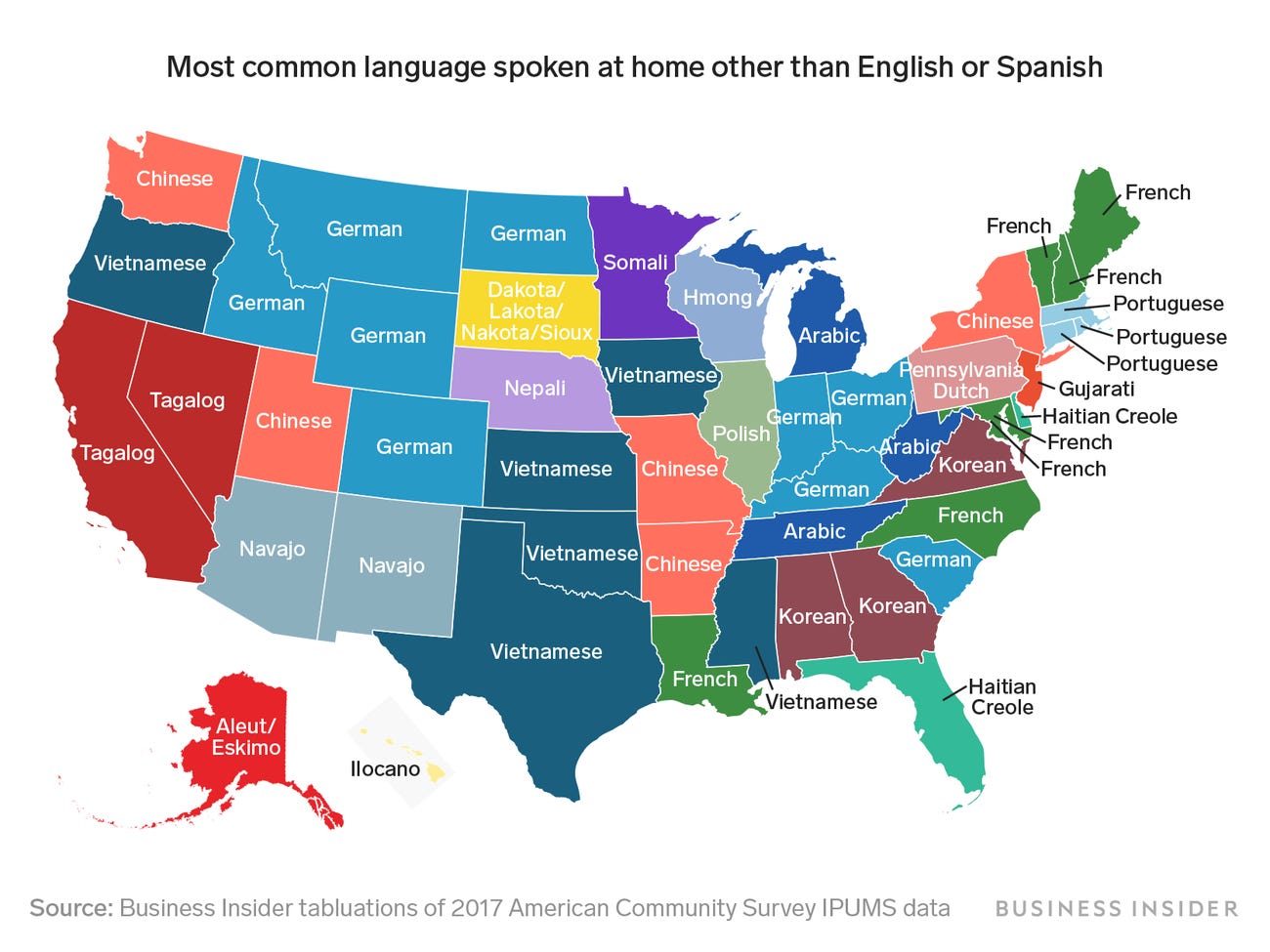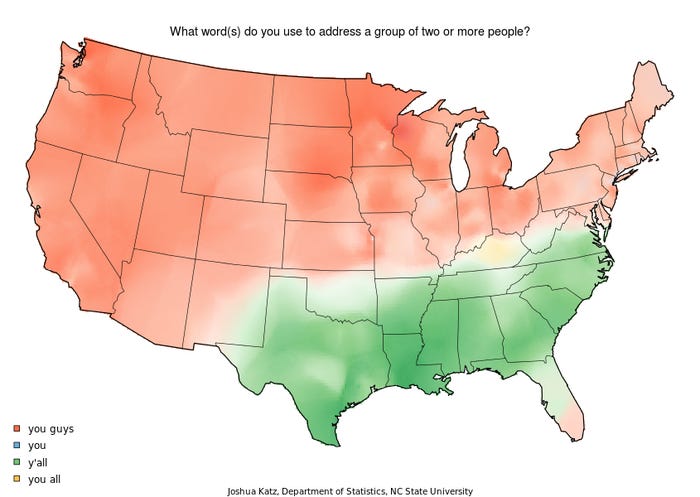Introduction
One can hardly imagine the modern world without any language. It would have been impossible to achieve the current level of development in the spheres of economics, culture, and others if people had not had an opportunity to express their thoughts verbally. It is challenging to overestimate the role of speech and language for humankind.
However, I should note that the essential phenomena above are not free from any disadvantages. Among them, it is necessary to emphasize the fact that language discrimination has emerged based on how people use language to express their thoughts. So, one can claim that language discrimination manifests itself in various spheres of the modern United States. Still, the given blog will focus more on the reasons that are found behind this adverse notion.
Discrimination Reasons
To begin with, one should explain why the US has this kind of discrimination. It is mainly because the United States is a multinational country that is home to many minorities. In addition to English, they often speak their native languages, which demonstrates their culture. The picture below by Kiersz et al. (2020) will show what minority languages are the most widespread in the US.

At the same time, cultural identity often results in a partial image. For example, Germans are considered boring and hypercorrect, while Frenchmen seem to eat everything that they can catch and cook, and these stereotypes result in discrimination as per a cultural ground. This kind of a prejudiced attitude often impacts indigenous people who are forced to learn and speak English (de Varennes & Kuzborska, 2016). As a result, some American Indians can be discriminated against because they want to use their native language.
English speaking citizens also witness some kinds of discriminating behavior because of numerous regional dialects that are present in the US. It means that people from the South and the North of the nation use different variations of English, which evokes stereotypes. For example, people with a Southern accent are considered stupid (Todd, 2020). Here, Abadi (2018) offers an image that presents one of many differences between the Southern and Northern English language.

When people say “y’all,” they are considered less intelligent because this phrase is a common feature of a Southern accent (Todd, 2020). It is not valid, but one can suppose that this situation has a historical background that dates back to the Civil War of 1861. Then, there was a significant difference between the two regions, and the North was said to be more developed and innovative.
Finally, various social classes use language differently. Here, more educated people from the upper class often follow all the grammar rules, while less literate representatives of the middle and lower classes tend to violate grammar, pronunciation, and other norms. For example, it is often when less-educated individuals use “he has” or others and fail to agree on the correct verb form with a singular noun.
It is a typical case when such people face a prejudiced attitude according to their social ground. If a person uses the language in the manner mentioned above, others can think that this individual is from lower social classes. All these people can experience various kinds of discrimination, and they will be described further.
Manifestations of Language Discrimination
Firstly, it is possible to note that people who speak foreign languages or some dialects face numerous social disadvantages, such as limited access to employment. It is so because representatives of minorities are often considered less educated and experienced irrespective of their current levels of knowledge and skills. If a manager chooses between two employees, an American and, for example, an Asian, an American citizen is more likely to get a job. Hernández (2015) also states that such people often become discriminated against when they are asked to say something in their native language.
Secondly, language discrimination also results in economic problems for individuals. According to Todd (2020), people with strong accents, either foreign or regional, earn less. It refers to the fact that citizens who fail to have language proficiency tend to apply for less significant jobs that imply lower salaries.
Thirdly, the prejudiced attitude under consideration can relate to the issues of life and death. The health care industry is based on interpersonal relationships, and if there are some communication problems between medical professionals and patients, it is challenging to reckon on positive health outcomes. Thus, Schinkel et al. (2019) explain that low language proficiency is a significant barrier for individuals to utilize medical services of decent quality. According to Schinkel et al. (2019), some patients believe that they are treated differently because of their linguistic peculiarities in comparison with native Americans.
Addressing Language Discrimination
The issue described above is essential for modern society that should be democratic and equal for everyone. That is why the US government tries to provide all its citizens, irrespective of their peculiarities, with equal rights. It refers to the Affordable Care Act that implies some penalties for health care providers who “discriminate against patients based on race, color, national origin,” and others (Kornack et al., 2019, p. 879). Language issues relate to a national origin, and medical specialists have to deliver the same service to individuals who use either a foreign language or a dialect. It is possible with the help of interpreters.
However, the information above does not mean that language discrimination is addressed successfully. It is sad to say that cases of a prejudiced attitude are typical in the modern world, and can demonstrate it with a personal story. One of my friends is Chinese, and he is tired of this discrimination. He tries to avoid going to doctors because one of them discriminated against him. The doctor imitated a Shaolin monk while describing a treatment process.
As a public intellectual, I am sure that this state of affairs is damaging to society. However, it requires significant individual effort to address the issue and eliminate this kind of prejudiced behavior.
Concluding Thoughts
Language discrimination is a severe problem in the USA, and it refers to both foreigners and people who use regional variations of English. This issue is caused mainly by the fact that the US is a multinational country that is full of stereotypes. Consequently, this problem negatively influences individuals in many ways. Even though the government tries to improve the situation, successful results are not present. I can suppose that the given kind of discrimination will disappear when everyone understands that all people are equal irrespective of their native language.
References
Abadi, M. (2018). 27 fascinating maps that show how Americans speak English differently across the US. Business Insider. Web.
De Varennes, F., & Kuzborska, E. (2016). Language, rights, and opportunities: The role of language in the inclusion and exclusion of indigenous peoples. International Journal on Minority and Group Rights, 23(3), 281-305.
Hernández, A. (2015). 8 harmful examples of Standard American English privilege. Everyday Feminism. Web.
Kiersz, A., Luce, I. D., & Hoff, M. (2020). Most common language spoken at home other than English or Spanish. Web.
Kornack, J., Cernius, A., & Persicke, A. (2019). The diversity is in the details: Unintentional language discrimination in the practice of applied behavior analysis. Behavior Analysis in Practice, 12, 879-886.
Schinkel, S., Schouten, B. C., Kerpiclik, F., Van Den Putte, B., & Van Weert, J. C. M. (2019). Perceptions of barriers to patient participation: Are they due to language, culture, or discrimination? Health Communication, 34(12), 1469-1481.
Todd, S. (2020). Have a strong accent? Here’s how that hurts your paycheck. Yahoo Finance. Web.